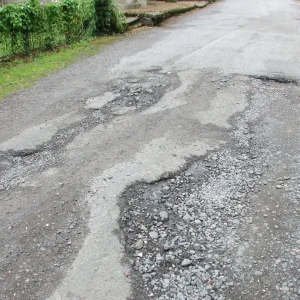A two-year trial of electric vehicles by a car dealer group claims to have disproved the theory that EV batteries lose their efficiency over time.
Simon Bailes Peugeot ran a fleet of 20 electric Peugeot Ions over a collective 200,000 miles and reported efficiency ratings in excess of 99% from the vehicles’ batteries.
The cars were provided to local companies and organisations on a rental basis for six-month periods
and fitted with loggers, which recorded exact details of journeys, charges and other information.
The data was sent back to Peugeot for analysis at the end of each year of the trial, which revealed a degradation of less than 1% in battery efficiency. The data was also analysed after a third year, which produced the same result and runs contrary to the commonly held theory that EV batteries lose significant amounts of efficiency with time and use.
Group founder Simon Bailes told BusinessCar: “We ran the tests at the end of the first, second and third years – the trial was for two years but we ran the test again after three – and the results showed less than 1% degradation. Everything we’ve got suggests these batteries are going to last 10 years.”
Organisations that took part in the scheme included Northumberland Police, Sage, the Forestry Commission, Virgin Money and various local authorities.
Bailes continued: “Every journey was recorded, every piece of topography was recorded. We recorded all types of charges, fast and slow. These people were paying for the use of them in the form of rental, so it wasn’t a voluntary trial, and some of the cars did 20,000 miles. The data proves the sceptics wrong.
Battery issues have always been a primary concern and are the most common question we get asked about EVs, but now we have strong, thoroughly tested evidence that shows this should no longer be a concern.
“These results are staggering as battery life is even better than we could have predicted. I believe this is a massive step forward for EV use.”
The dealer group’s trial was part of a broader project known as Switch EV, which saw other organisations conducting similar programmes.
The project, which is funded by the Technology Strategy Board and managed by North-East-based Future Transport Systems, has seen 44 EVs cover 403,000 miles and claims to have saved 76,000kg of CO2.





